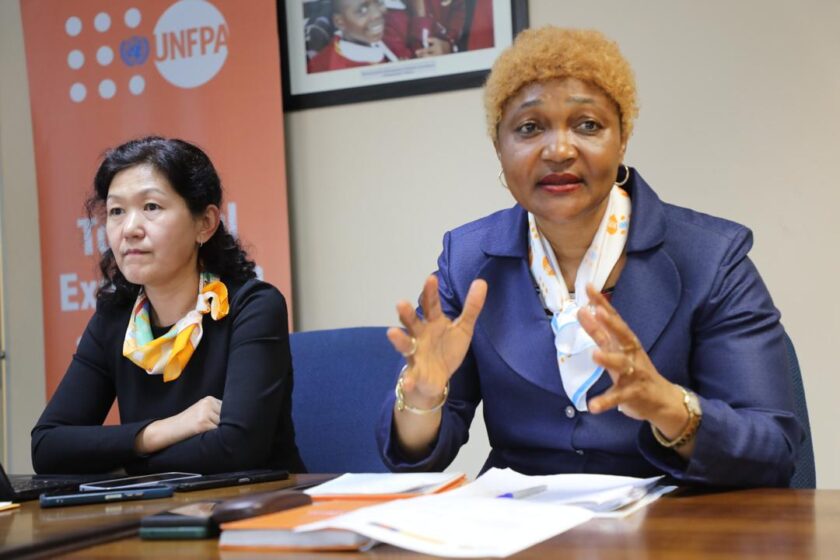THE Zimbabwe National Network of People Living With HIV (ZNNP+) has improved livelihoods of People Living With HIV (PLHIV) in Mashonaland Central through Internal Savings and Lending (ISAL) projects or Mukando.
By Patricia Mashiri
Through assistance from Troicare, ZNNP+ gave Kushinga group based in Nyakudya village, Masembura in Mashonaland Central a total of US$150 to build internal savings and lending groups (Mukando) that would empower PLHIV economically.
Before disbursing the funds, a feasibility assessment was done which ensured that a strong committee and other enabling modalities were in place. The project was initiated to respond to the vulnerability that PLHIV and other vulnerable groups such as women, young people, persons with disabilities and the elderly face in the communities.
Speaking to HealthTimes at the sidelines of Kushinga Group ISAL annual event, Moreni Masanzu, Provincial Chaiperson ZNNP+ said she was grateful to ZNNP+ and Troicare for extending a hand to the PLHIV community with projects that sought to strengthen household, community resilience and livelihoods options.
Through internal savings and lending the people in Masembura have managed to come up with a gardening project where they grow vegetables and sell to nearby communities. The also add nutritional value to them.
“Through ZNNP+, the Kushinga ISAL Group has learnt how to handle their money with discipline. They have drafted a constitution which they follow on how to borrow, how much interest when returning the money after one has borrowed and how to deal with people who would have been not able to return the money. This project has benefited people in the community,” Masanzu said.
Meanwhile, Ishamael Kagande, Chief Masembura said he was grateful to Troicare and ZNNP+ for such a great initiative which helped PLHIV.
“I wish more people copy the good things done by Kushinga ISAL group. We have so many people living with HIV in the community they should also seek advice and get themselves projects which are aimed at improving their lifestyle. The Kushinga group were given money and through that money they have started other projects like gardening.
“I can say these projects have improved the people in my community’s livelihoods. They have an income now which is not bad for an ordinary village person. I wish to advice all ISAL groups to have a constitution on how their group operates such that it will be easier for us to leaders to resolve disputes and conflict,” Chief Masembura said.
Virginia Chimutengu, Kushinga ISAL Group Chaiperson said although COVID-19 and the economic market rate had affected their group, they have however managed to thrive and they are a earning a decent living from the project.
“We were once affected by the market rates when we were using Zimbabwe Dollars that’s why we decided to shift to United States Dollars. We meet on the 26th of every month with a total amount of $2USD, if one borrow, we expect the borrowed amount after a month with 20% interest. After a year we share our money and start again. As you witnessed today, we shared a total amount of $60 USD which is not bad for an ordinary rural person.
“We have managed to buy livestock from the money we get from this group. We are looking forward to start new projects such as mushroom farming and poultry so that we will have more income for ourselves. I would like to urge other members to have their own projects,” Chimutengu said.
She added that stigma PLHIV in rural areas was still rife as PLHIV were still being discriminated against.
“All those people who were labelling us now regret and wished they had joined us earlier because of the success we have made so far. This group is welcome to PLHIV, people taking care of PLHIV, youths and the disabled. On each meeting we also have health discussions such as how to take care of people with HIV, how not to default among others,” Chimutengu said.
The project enhanced the visibility and acceptance of the HIV programs in communities as well as showing women’s resilience in community based projects.




